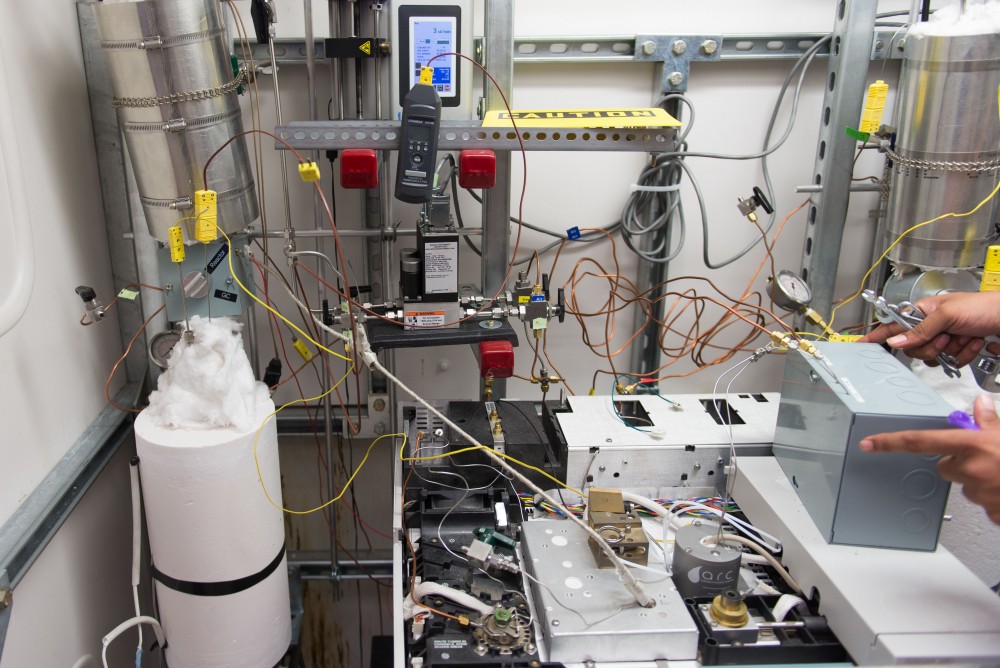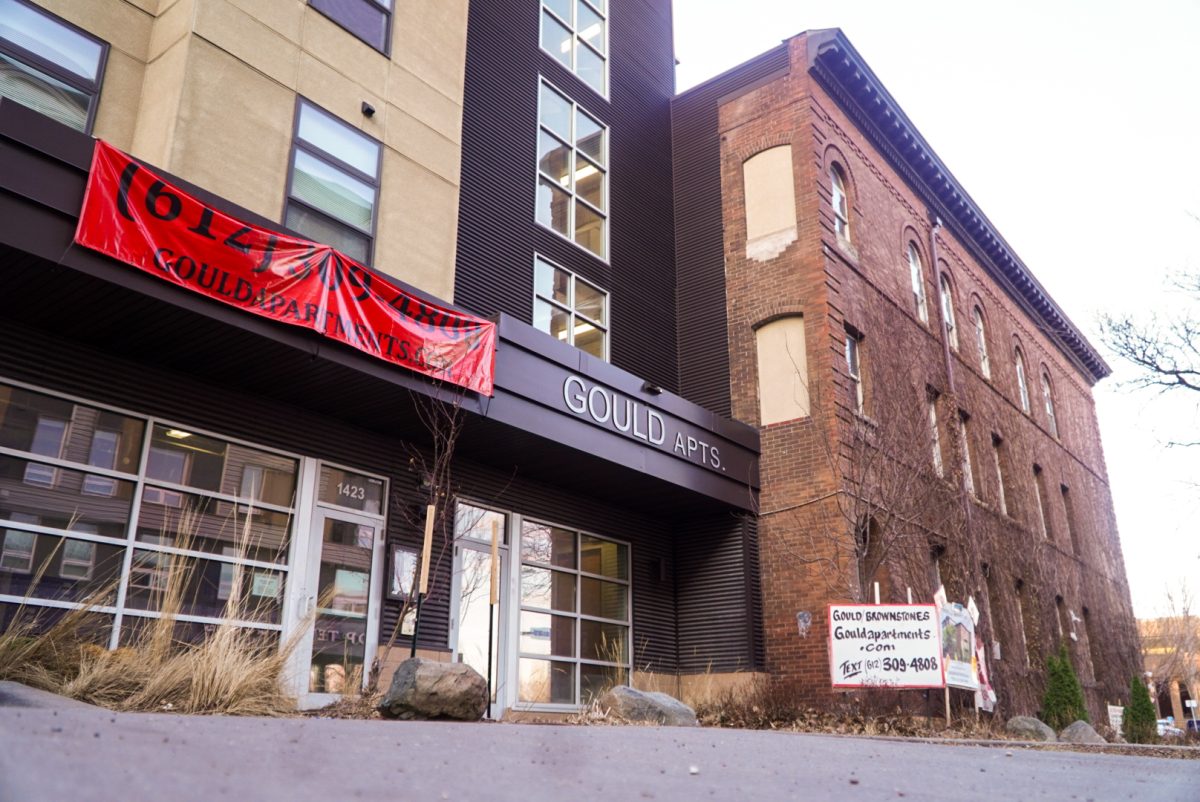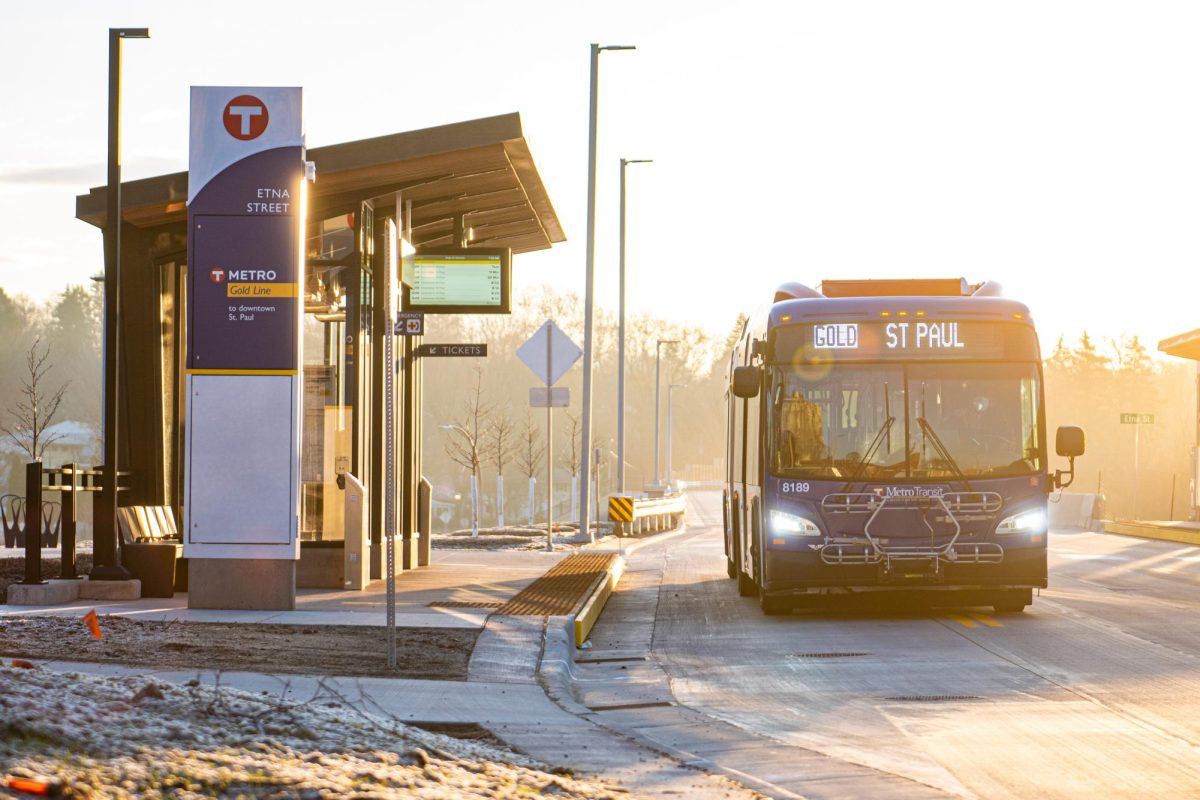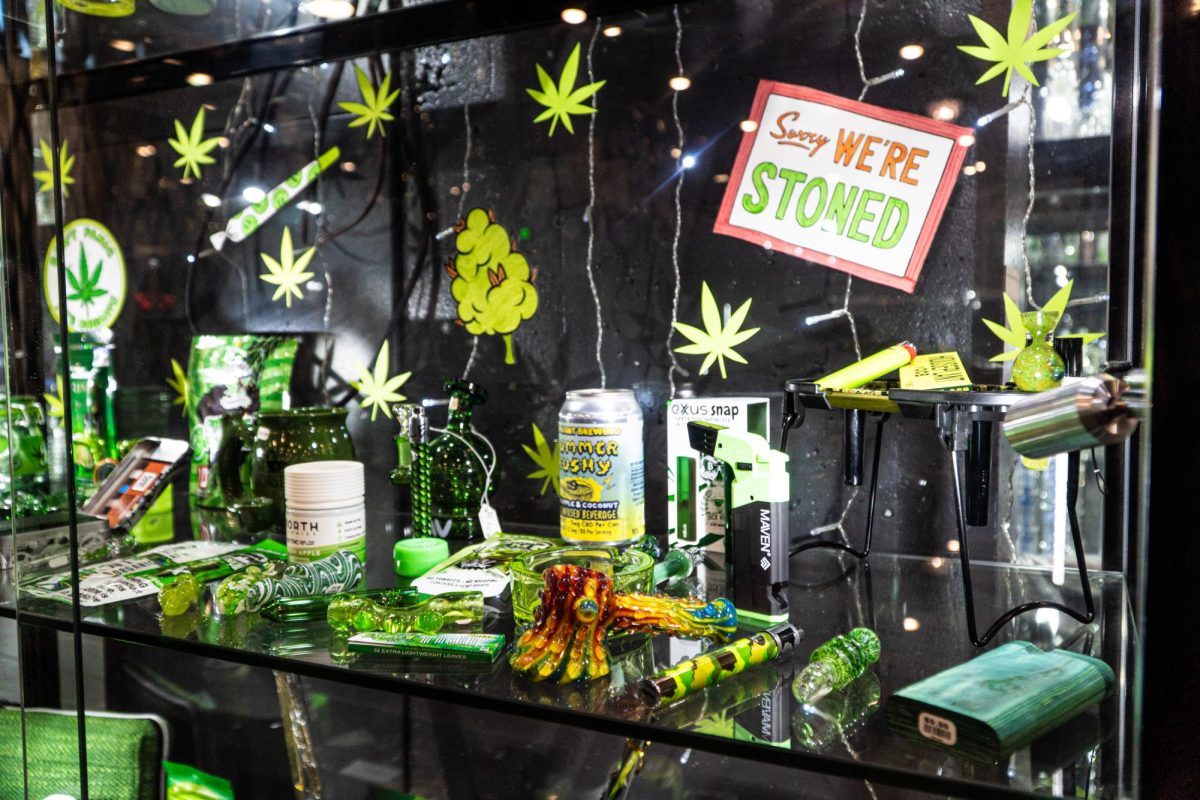After searching worldwide, a local business found a partnership to build green technology in its own backyard.
Minneapolis-based enVerde partnered with the University of Minnesota in May to create new environmentally friendly technology.
University associate professor Paul Dauenhauer originally designed and established the technology, which takes any carbon-based material and turns it into a gas that can be used for energy.
Dave Goebel, founder of enVerde and University alumnus, said the technology would reduce waste, emissions and individuals’ carbon footprint.
The University said in a statement that a partnership with enVerde emphasized its “strength in chemical engineering and catalytic technology.”
“Startups like enVerde … hold the promise of solving significant challenge in the waste processing and renewable energy sectors,” the statement said.
Dauenhauer said the reactor is relatively cheap to make and is portable as well, which makes it more efficient.
“Its efficiency is greater than any other reactor,” he said.
The technology uses a unique component in its process through an exothermic reaction — which takes in energy instead of giving it off — helping to make it more efficient and environmentally friendly, Goebel said.
EnVerde’s technology can be used in areas like northern Minnesota, Goebel said. The technology would convert the region’s woody biomass, like roots, bark and dead leaves, into clean energy, he said.
The technology could also help solve some of the economic challenges there by giving employment opportunities and cheaper energy, Goebel said.
Since the U.S. is pulling out of the Paris accords, Goebel said enVerde and similar businesses are only pushed harder to find environmentally friendly technology.
“The market place is still going to drive forward and we’ve really seen a lot of community leaders continue to make commitments to the Paris accords,” Goebel said.
Gov. Mark Dayton, along with Minneapolis and St. Paul mayors Betsy Hodges and Chris Coleman, recently signed Minnesota into the U.S. Climate Alliance, promising to uphold the Paris climate agreement.
Chief engineer at enVerde, Andrea Festuccia said they hope the technology will benefit the U.S. and communities abroad.
EnVerde has been developing the technology on the University’s Twin Cities campus, and Goebel said he hopes to bring students into the project in the future.
“Our affiliation with the University will continue to grow,” Goebel said.








